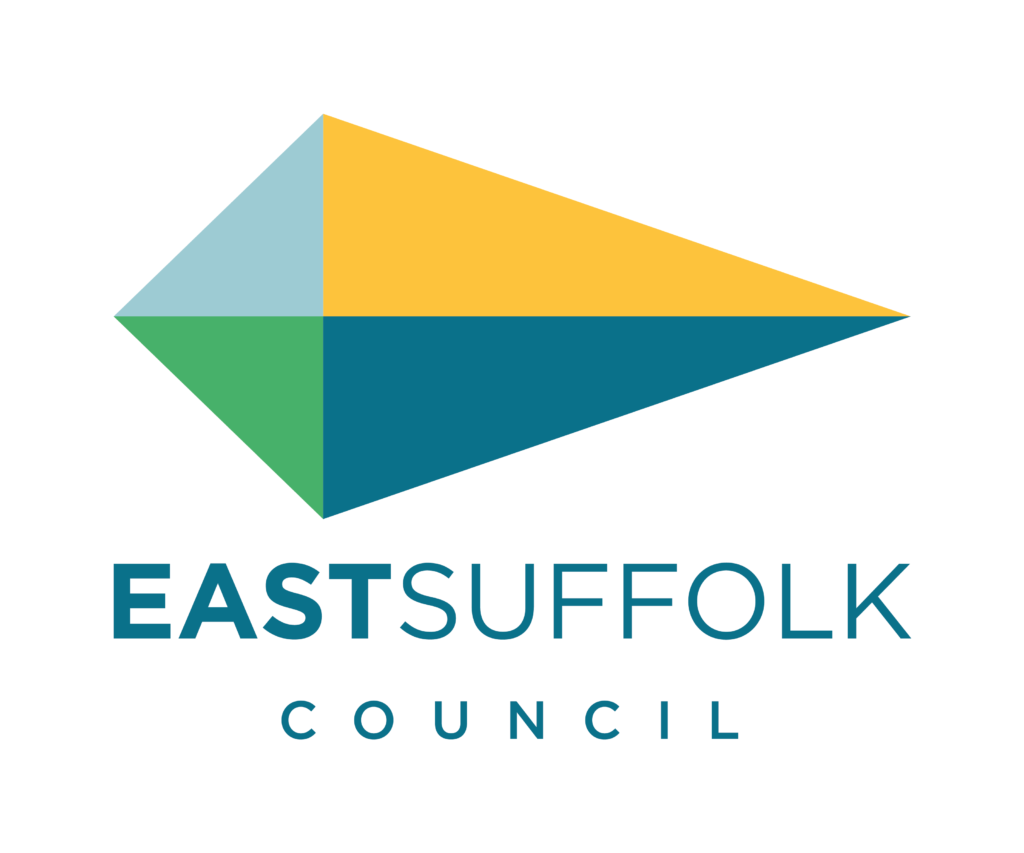MRI Round Table round-up: Engaging Tenants During COVID-19
In our latest Round Table event, participants from housing organisations across the UK talked about how the lockdown has changed the way they’re interacting with tenants. COVID-19 restrictions have made it impossible for tenants to meet in-person with housing association representatives, and this has posed a number of challenges.
With tenants no longer able to visit offices and housing officers no longer able to make visits, telephone communication would usually be expected to pick up the slack. However, with housing organisations also forced to make rapid changes to their processes to allow teams to work at home, many have also struggled to maintain even pre-lockdown call volume levels, and have had to limit the number and type of calls they were able to take as a result.
This has led to many of our participants testing new communication methods, in particular stepping up activity across digital channels to keep tenants engaged as efficiently as possible. Here are a few ways our Round Table members have been managing tenant communications during lockdown:
Broaden communication methods
As some organisations now find that their call centres are only available for emergency situations, most of our participants have broadened their communication methods of choice from in-person and telephone communications to include a much wider range of tools.
Email is the new first choice for most teams as a method of communication with tenants. Text messaging was also a popular choice, both for one-on-one comms and mass updates to all tenants. Many of our Round Table participants had stepped up text messaging activity significantly, finding it a useful method of engaging with tenants and getting quick responses compared to email.
Our participants also mentioned that they’d been testing a number of creative approaches, including requesting pictures for repair requests via WhatsApp and managing end of tenancy inspections via Facebook Messenger or Skype.
Manage documents effectively
A communication method which many participants have found difficult to replicate is post. With offices closed, many of our housing organisation representatives mentioned that they were having difficulties printing and sending documents to tenants, as well as managing incoming post effectively.
To handle this, many of our participants are shifting to PDF attachments as an alternative to physical post, as well as systems which will scan incoming post (such as MRI’s Financial Management module) and make digital copies of documents available quickly and easily.
Build communities via portals and social
Participants who offer their tenants a digital self service platform found this a useful method of helping their customers stay up to date with their accounts. Some participants had noticed an increase in registrations since the lockdown, while others had seen existing tenants start to use the platform more often.
While self-service platforms were a useful tool for helping tenants maintain their accounts, our Round Table participants also saw value in building engagement on other digital platforms, particularly Facebook.
While our participants valued digital portals for “transactional” needs like paying rent online or checking balances, many found Facebook pages a more immediate method of broadcasting information and updates, since tenants were likely to access this much more frequently than they might login to their self service account.
While this has led to housing organisations building their following on platforms like Facebook, they were also aware of the potential need to have a more secure platform for comms which were only intended for tenants, however. Some participants discussed the value of a self service portal as a way of engaging with tenants, and only tenants, on some topics, for example seeking feedback on existing services and ideas for improvements.
Future approaches – live chat and bots
Our participants also talked about their plans for the future. Most expect a large increase in call volume after the lockdown period, as teams work through a backlog of less urgent requests which have built up.
To that end, many are trying to look into more efficient methods of communication to help ease the load on their teams, and some are particularly interested in the opportunities offered by live chat.
Housing associations already using live chat managed by customer service teams found it had some uptake, particularly amongst younger tenants, but that it could take longer to solve an issue via a live chat than a telephone call. The potential to automate these chats using artificial intelligence was something that several participants were interested in as a way to make this process more efficient, removing the need for customer service teams to manage simple queries.
All participants were keen to maintain a “human” feel to their comms, and thought that options like Alexa-style voice chat would be more accessible than a traditional text-based live chat, particularly for older tenants.
MRI Software solutions to engage with tenants
MRI’s suite of housing management tools gives your organisation everything they need to effectively manage relationships and sustain tenancies. Our Customer Self-Service solution lets tenants manage rent, report repairs and easily send messages back and forth with their housing association. To find out more about our future round table sessions and how to take part, please contact us.
Case study | East Suffolk Council Boosts Tenant Engagement with MRI Digital Self-Service
Providing essential services for residents across the East Suffolk area, East Suffolk Council manages over 4,500 social housing properties, including 12 retired living schemes. The team at East Suffolk Council aim to become the best in class for soci…

